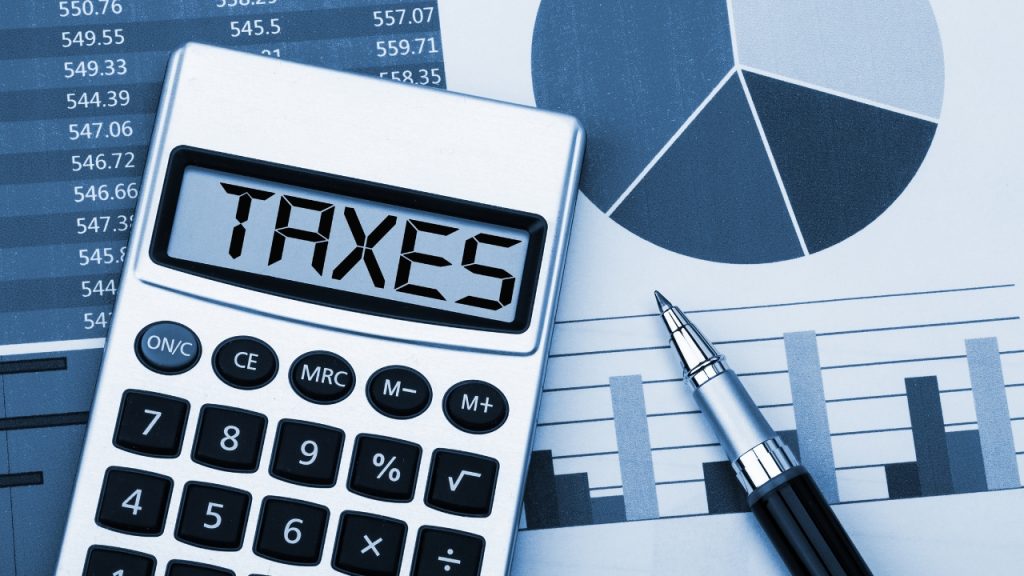Things You Should Do To Save Your Taxes
1. Provision under section 80C
To promote saving, the Indian government provides a facility. Furthermore, this invests isRs. 1,50,000 under section 80C of the Income Tax Act.
- Public Provident Fund
- National Pension Scheme
- Premium Paid for Life Insurance policy
- National Savings Certificate
- Equity Linked Savings Scheme
- Home loan’s principal amount
- Fixed deposit for a duration of five years
- Sukanya Samariddhi account
- Children’s tuition fees
2. Contribution to National Pension Scheme
The National Pension Scheme contributions are normally deductible under Section 80C, which has a limit of Rs. 150000. However, you can invest an additional Rs. 50000 income tax-free in the National Pension Scheme.
3. Amount from Provident Funds
The interest earned on the provident fund is not subject to goods and services tax taxation. So, before you may withdraw money from your Provident Fund, you must wait five years.
4. Health Insurance premium
Health insurance tax deductions are covered by Section 80D of the income tax code. Moreover, this figure varies from year to year. Also, senior citizen health insurance premiums can help you save money on taxes.
5. Expenses to treat disabled dependant
Such deductions are permitted under Section 80DD. A person with a disability of 40 to 80 percent is eligible for a fixed deduction of Rs. 75000, whereas someone with a disability of more than 80 percent is eligible for a fixed deduction of Rs. 125000. Moreover, these expenses should be incurred for the treatment, rehabilitation, or training of a sick person. Also, you will need to provide a certificate of disability to qualify for this deduction.
6. Expenses on specific diseases
This deduction is allowed under Section 80DDB. Moreover, Tax incentives are available for expenses incurred to treat specific disorders such as dementia, cancer, and HIV/AIDS. In addition to this, For such ailments, tax deductions of up to Rs. 40000 are permitted. Furthermore, If the expenses are for a dependent elderly person, the amount rises to Rs. 1 lakh.
7. Money spent on donation
Donating to approved charities can help you save money on taxes. Section 80G applies to this deduction. In addition, to be eligible for the benefit, you must have a valid certificate from a charity organization.
8. Distribution of profit in partnership firms
When a partnership firm makes a profit and the business owners opt to split the profit among themselves, no tax is deducted from the partners.
9. Traveling & Food expenses
To avoid tax, business owners can claim travel and dining expenses as business expenses.
10. Leave travel allowance
Employees can use this feature to pay for trip tickets for their spouses, children, and parents. Furthermore, siblings are only covered if the paid individual is their sole source of income. This is discussed in detail in Section 10. (5).
11. When HRA is a part of the salary
To use this service, you must live in a rental apartment and have the necessary receipts. Moreover, it’s covered by Section 10. (13).
12. Amount Received as per Voluntary Retirement Scheme
Many people choose Voluntary Retirement, which comes with a monthly payment. Furthermore, Up to a limit of Rs. 5 lakhs, money received through the Voluntary Retirement Scheme is tax-free.
















